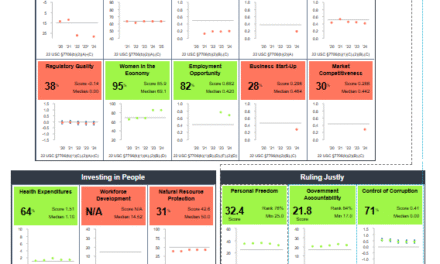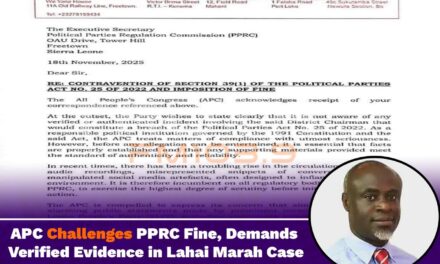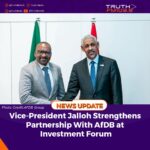By Kelfala Kargbo
Freetown, September 24th 2025- The Ministry of Water Resources and Sanitation has issued a strong appeal to the Ministry of Finance, urging the immediate release of funds earmarked for sanitation improvements, a critical area that has remained unfunded since its formal inclusion in the ministry’s mandate in 2023.
During a budget hearing in Freetown, Permanent Secretary Alieu Bakarr Conteh revealed that despite persistent lobbying efforts since last year, not a single Leone from the NLe400,000 allocated for sanitation in the 2025 budget has been disbursed. The sanitation portfolio, added during President Julius Maada Bio’s 2023 State Opening of Parliament, was intended to expand the ministry’s scope beyond water provision to include nationwide sanitation oversight.
Conteh expressed frustration over the lack of financial support, noting that the ministry’s sanitation unit remains under-resourced and underutilized. For the upcoming fiscal year 2026, the ministry has proposed a budget split that prioritizes 80% for water provision and 30% for logistics and operational costs, yet the sanitation unit remains at risk of stagnation without proper funding.
Compounding the issue is weak inter-ministerial cooperation. Conteh pointed to the Ministry of Health and Sanitation’s reluctance to deploy sanitation officers to support the new unit, a gap that has slowed implementation and left communities vulnerable. “The ministry struggles to get sanitation officers from the Ministry of Health to work with us,” he said.
One of the most pressing challenges, according to Conteh, is the prevalence of open defecation in provincial areas, a public health hazard that complicates the ministry’s efforts to promote hygiene and dignity. He stressed that the ministry is committed to working with key stakeholders to ensure every household has access to a toilet facility, but acknowledged that the road ahead is steep.
As budget negotiations continue, the Ministry of Water Resources and Sanitation is calling for urgent action, not just to unlock funds, but to galvanize political will around a basic human need. Without it, the country risks falling short of its sanitation goals and undermining broader efforts to improve public health and environmental resilience.








